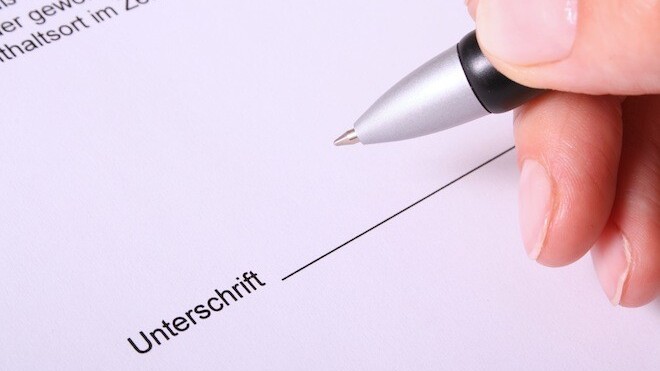
Nearly two years ago, German multimedia software company Nero filed an antitrust case against patent licensing body MPEG-LA. This organization basically licenses patent pools, covering essential patents required for use of the MPEG-2, MPEG-4 Visual (Part 2), IEEE 1394, VC-1, ATSC and AVC/H.264 standards.
That means pretty much any device or piece of software even remotely related to video needs a license from MPEG LA, which is an entirely private organization – for the record. Licensors include companies like Apple, Microsoft, LG, Dolby, Siemens, Sony, France Télécom, Samsung and others.
This morning, Nero and MPEG LA announced that they’ve settled the litigation between them, which was pending in the Los Angeles Superior Court, “to their mutual satisfaction”.
According to the press statement, Nero will continue as a “licensee in good standing” under MPEG LA’s patent portfolios.
At the heart of the antitrust case – brought on by Nero in May 2010 – was the fact that MPEG-LA previously asserted that people that they did not have to buy licences for trial software. Nero asked if trial software would constitute a sale, to which MPEG-LA confirmed this answer “verbally, in writing, and by conduct”.
But in February 2008, the licensing body reversed this position abruptly, demanding royalties for trial software, thereby changing its licensing agreements.
Nero thus resorted to litigation (‘grandstanding by someone who doesn’t agree with their licensing terms’ according to MPEG-LA), claiming that the licensing body abused its ‘monopoly power’, and that it failed to honor agreements made with the US Department of Justice back in 1997 by adding ‘non-essential’ patents to their pools and not providing “fair, reasonable, and nondiscriminatory” licensing terms.
Unfortunately, the details of the settlement agreement were not disclosed.
Get the TNW newsletter
Get the most important tech news in your inbox each week.




